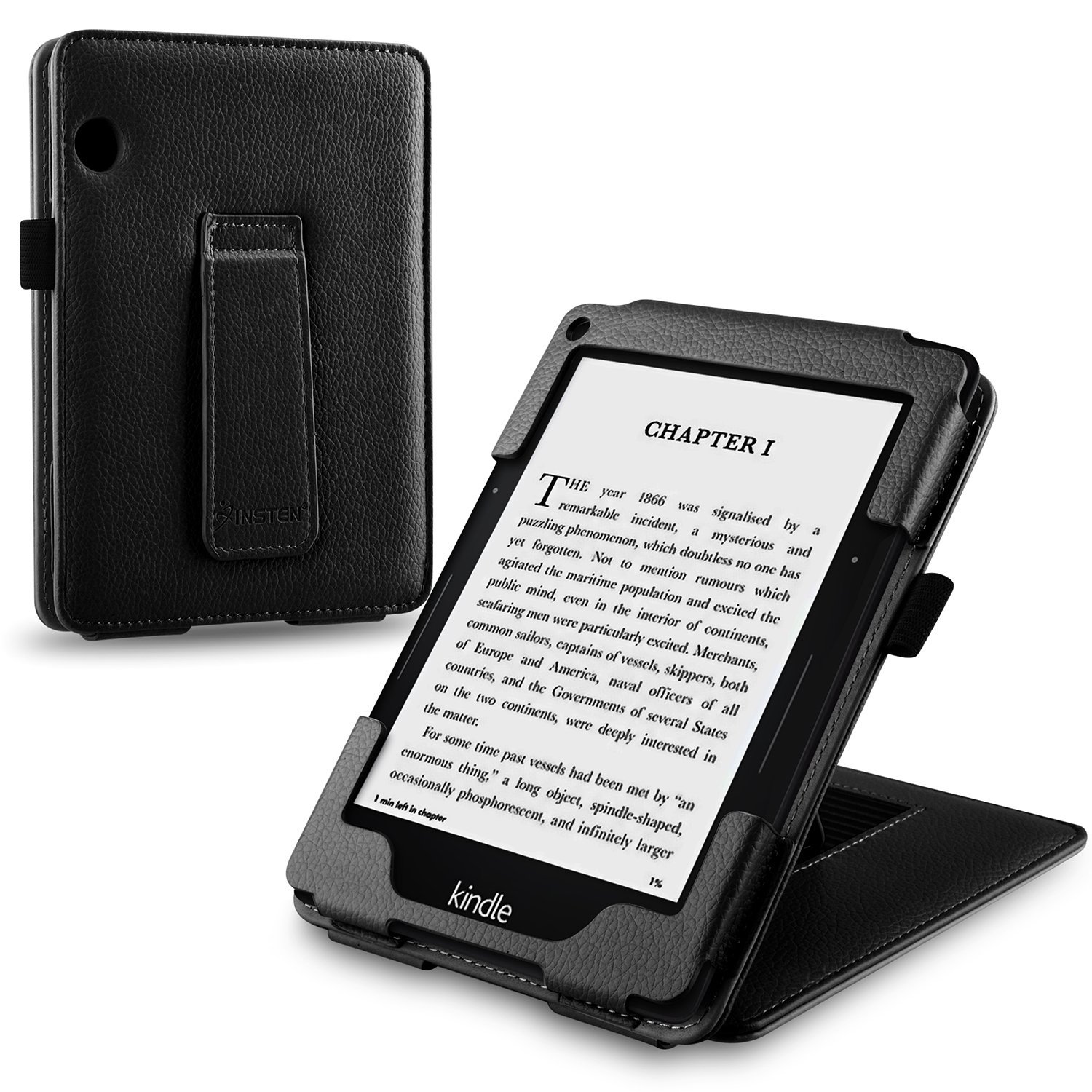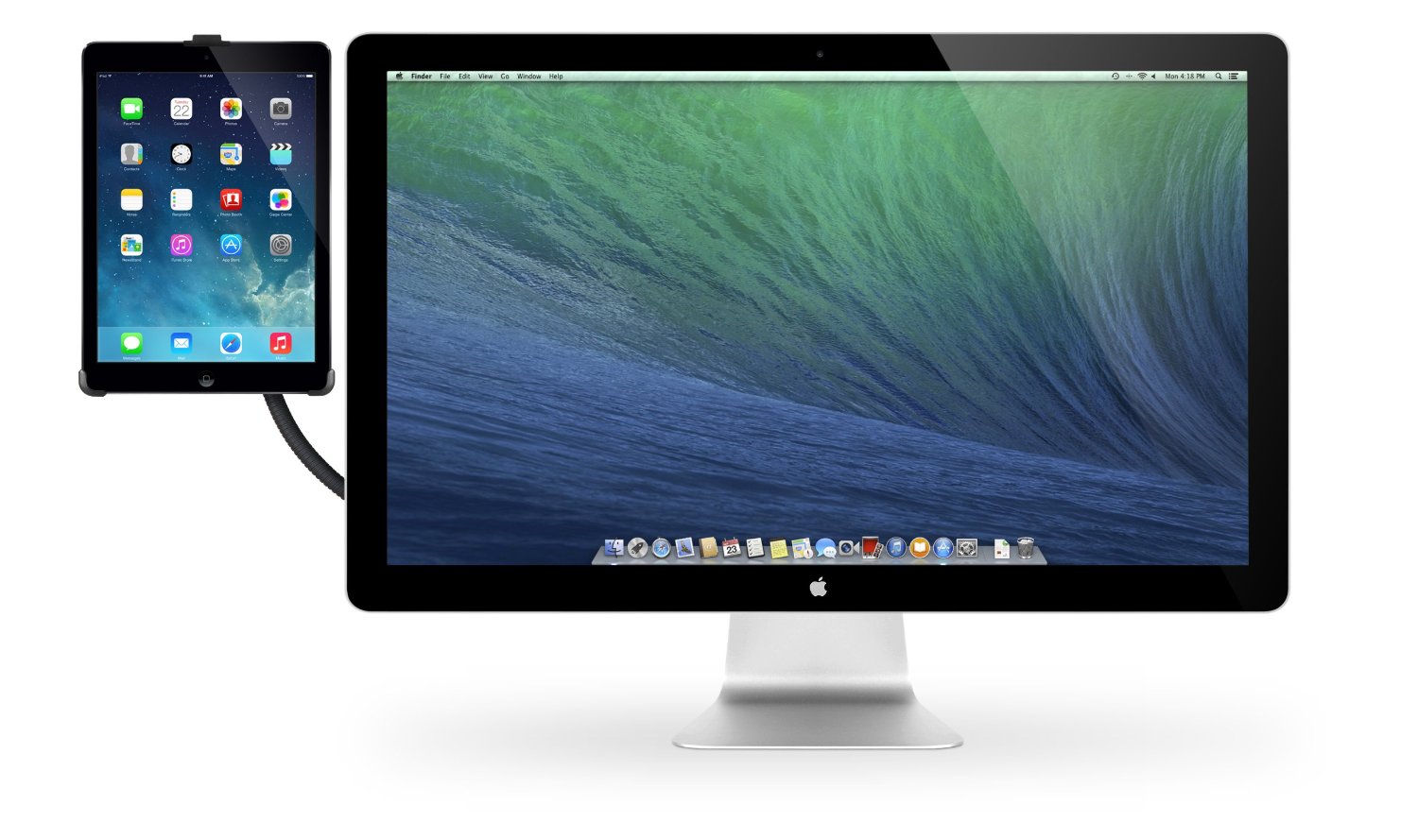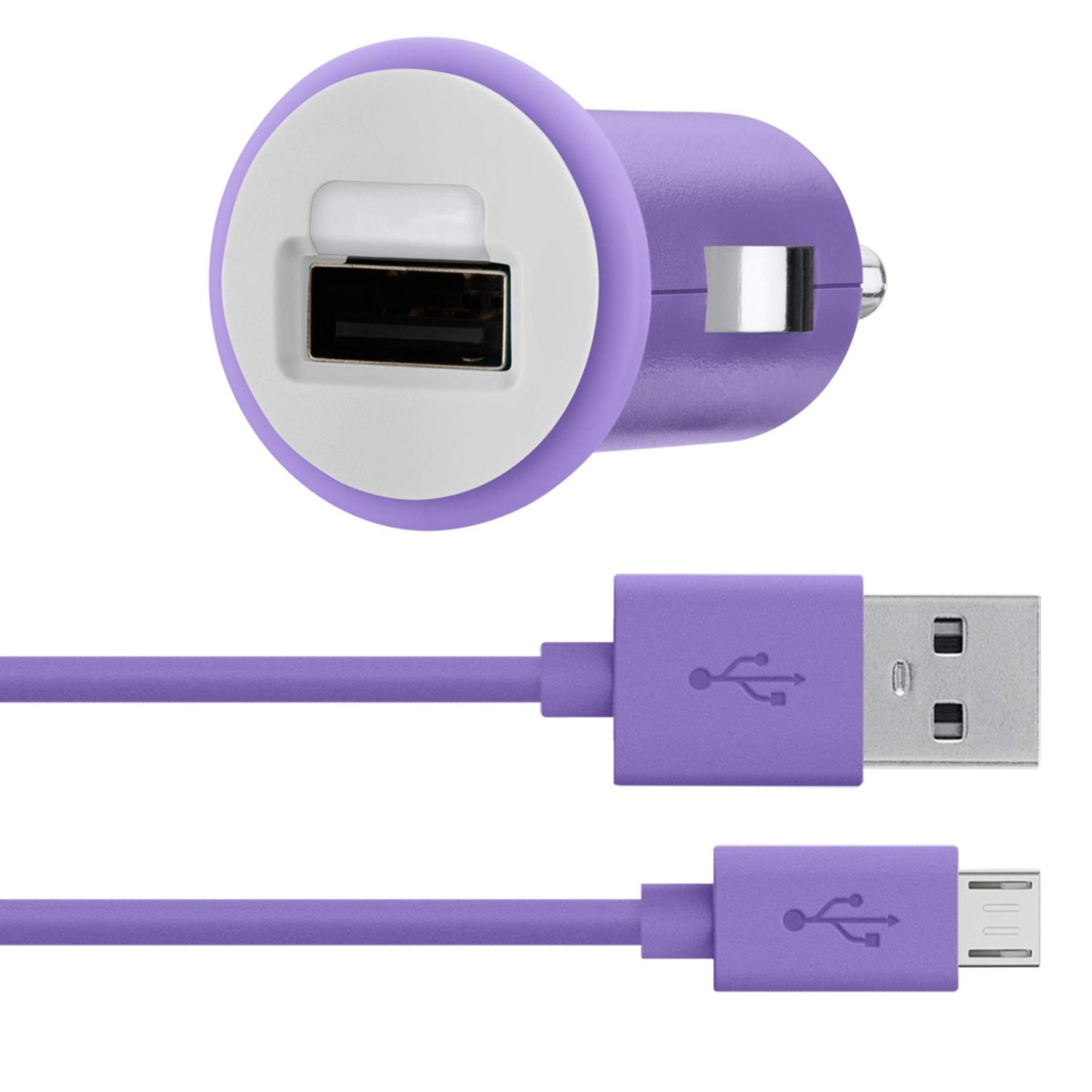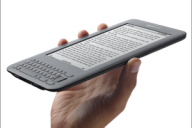Nintendo Takes a Page out of Amazon's Book
0
It’s funny how a lot of people take the wireless service that they receive on their Kindle for granted. A lot of us have gotten used to the service so much that we can’t remember how things were done before. Nothing’s perfect of course, and many Kindle owners are complaining about the costs associated with the doc conversion & delivery process. But can you imagine going back to the days when Sony Reader ruled, and it didn’t even have wireless service?
The strategy has paid off for Amazon, so it’s no wonder to see Nook, Plastic Logic, and Sony Reader all get their own wireless service from AT&T. But that’s not all. Nintendo is also planning its own Kindle-like wireless service for Nintendo DS. It’s no secret that people prefer not having to pay for their wireless service. Amazon capitalized on it early in the game, and many other companies are coming to the same realization.
The big question at this point is whether Amazon not charging for Kindle’s wireless service is limiting what can be offered on Amazon Kindle. Amazon, Sprint, and AT&T have surely crunched the numbers and came to the conclusion that the current generation of e-book readers won’t be too heavy on wireless networks. Not when you are dealing with text and basic web. Can we say the same with Apple Tablet or a Netbook? After all, there is a reason those more sophisticated devices require customers to pay a monthly fee.
I have always believed that Amazon needs to think about introducing a premium service for Kindle to allow the device to grow and enable users to get more out of their handheld device. If Amazon is truly planning an API for Kindle and an app store for Kindle, can it afford to not charge for the wireless service? Amazon and its wireless partners haven’t been too open with the numbers, but the introduction of real web on next generation Kindles could surely lead to wireless charges.
Amazon did visit the idea when it introduced Kindle a couple of years ago, but it decided to go in a different direction. But Kindle 1.0 was a primitive web device, and so is Kindle 2.0. The e-book readers of the future will be social media and real web ready. Can Amazon’s “free” wireless business model survive the load? That’s something we may get an answer to by the end of 2010.
Your take: would you consider paying a subscription fee for premium services on Kindle?










